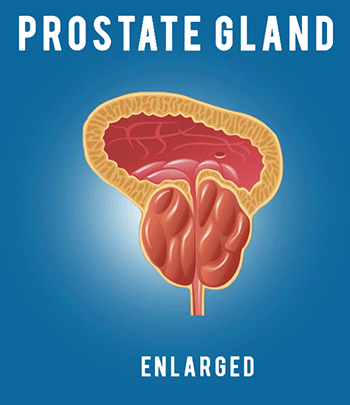Male Eating Disorders
Male Eating Disorders

Image: www.freeimages.com
Exposed to a modern day society’s ideal standard of young, fit and perfect body, many young women has developed eating disorders. However, according to the Academy of Nutrition and Dietetics men are not far behind them. They can also suffer from bulimia, anorexia and binge-eating disorders. The overall preoccupation with the ideal of their self-image, many boys and young men in the race for this unobtainable perfection have suffered from the eating disorders similar to those in women. The problem with the male eating disorders is the less visibility, for comparing to women, men are very reluctant to talk about problems and look for a help. In the article “About Male Eating Disorders” are listed the six warning signs of eating disorders in men.
Male Eating Disorders – Symptoms:
• The use of anabolic steroids to enhance muscles
• Spending a lot of time at the gym instead of at work, school or with friends
• Expressing a dislike for one’s body or for specific features of the body
• A preoccupation with diet programs or weight-enhancement products
• Going to the bathroom immediately after meals
• Refusing to participate in family meals or gatherings where food choices can’t be controlled
Furthermore, the article continues with the common causes for eating disorders:
• Criticism or bullying from peers. Boys who are perceived as “fat” or “skinny” by their peers may be viciously mocked for their body size. A boy who is bullied for being overweight may respond by overeating compulsively or dieting excessively. A boy who is attacked for being thin may resort to weight-enhancement products, steroids and strenuous workouts. In either case, depression and anxiety may develop as a result of constant attacks on a boy’s appearance.
• Traumatic events. A life event that causes emotional, physical or sexual trauma can trigger an eating disorder in males. Boys who lose a parent to death or divorce may be more likely to turn to food for comfort or to start a rigorous diet in order to bury painful emotions. Verbal, physical or sexual abuse is a common triggers for eating disorders in males as well as females. Treatment for eating disorders must explore this deeply buried pain in order to help the client heal.
• Brain chemistry. A deficiency of certain chemicals produced by the brain, such as serotonin and norepinephrine, has been linked with eating disorders like anorexia and bulimia. Low serotonin is also associated with mood disorders like depression, and males who struggle with eating disorders may also require treatment for a mental health condition.
• Personality type. According to the National Association for Males with Eating Disorders, boys and men with certain personality types are more likely to develop eating disorders. These males tend to have a low self-esteem, are sensitive to peer pressure and social rejection, and may tend to avoid stressful situations rather than confront them. They may have low impulse control and may respond to criticism about their weight by overeating, purging or exercising compulsively.
Whatever the cause may be, it is very important to recognize the symptoms and search for help. The difficulty in recognizing the symptoms lies in the hidden agenda of male disorder, and inclination toward development of different types of eating disorder such as body dysmorphic disorder that is concerned with an imagined or insignificant defect within the body. There is huge evidence that the percentage of men dissatisfied with their looks tripled in the last 25 years. Superficial ideals of youth, perfection and body capture a lot of young men and women and hinder them from real life and joy.


